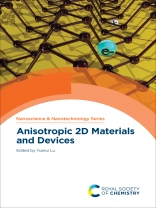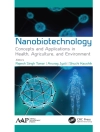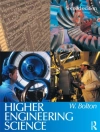Presenting recent progress in anisotropic 2D materials research, reader is introduced to phosphorene and its arsenic alloys, monochalcogenides of group IV elements in the form of MX (M = Ge, Sn and X = S, Se, Te), low-symmetry transition-metal dichalcogenide (TMD) materials such as rhenium disulphide (Re S2) and rhenium diselenide (Re Se2), and organic 2D materials. Providing detailed synthesis protocols and characterization techniques for these various anisotropic 2D materials, readers will learn their specific technological scopes for next generation electronics, optoelectronics and biomedical applications, challenges and future directions.
Edited by an leading expert, contributors cover enhanced many-body interactions and high binding energy 1D particle dynamics to showcase design of high-performance optoelectronic devices; anisotropic polariton for designing polariton based laser systems; applications in bio-imaging, cancer diagnosis and therapies, drug delivery and release, and antibacterial performance; and finally, their potential in nano-electro-mechanical devices.
Considering all these areas in detail, this book is a useful reference to the scientific communities working in related research fields, especially for materials scientists, chemists, physicists and electronics/electrical/energy engineers. This book may also be of use to those in chemical academia and industry more broadly.
Tabella dei contenuti
Introduction;Defect Engineering in Layered Black Phosphorus for Multi-Functional Optoelectronics;Anisotropic Polaritons in Layered Two-dimensional (2D) Materials;Highly Enhanced Many-body Interactions in Anisotropic 2D Semiconductors;Organic Anisotropic 2D Materials for Next-generation Optoelectronics;Next Generation Electronics Based on Anisotropic 2D Materials;A Two-dimensional Phosphorene-based Hydrogel Using Near Infrared Light to Release Drugs for Cancer Treatment












